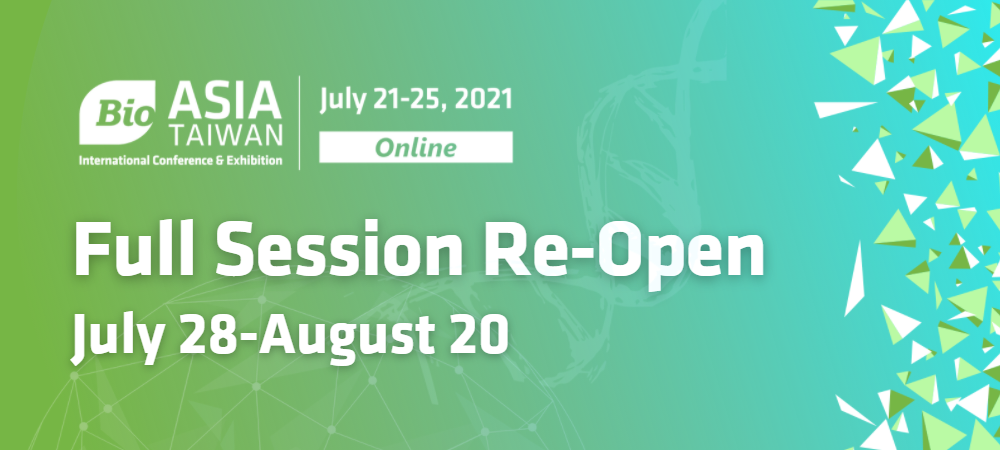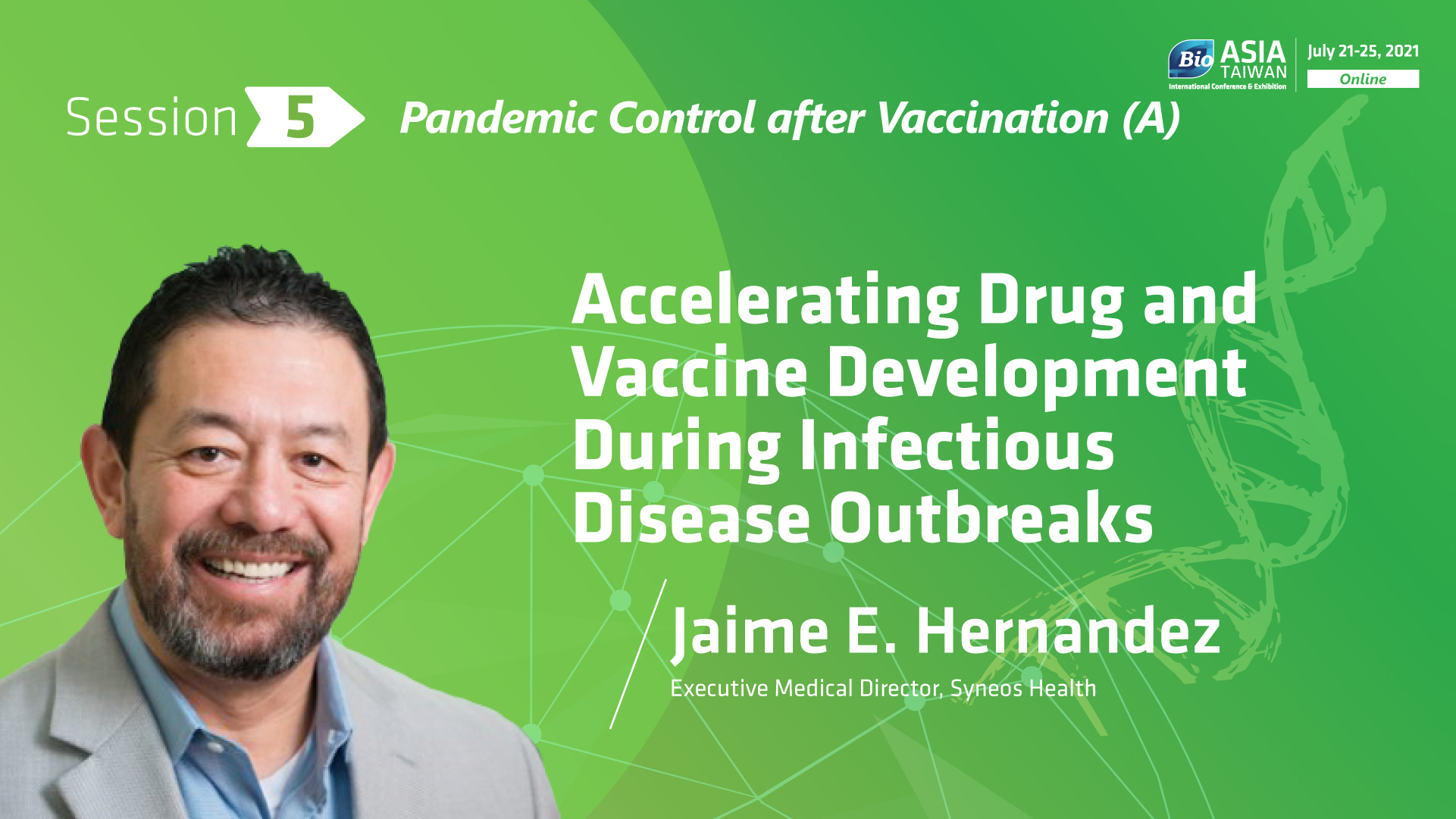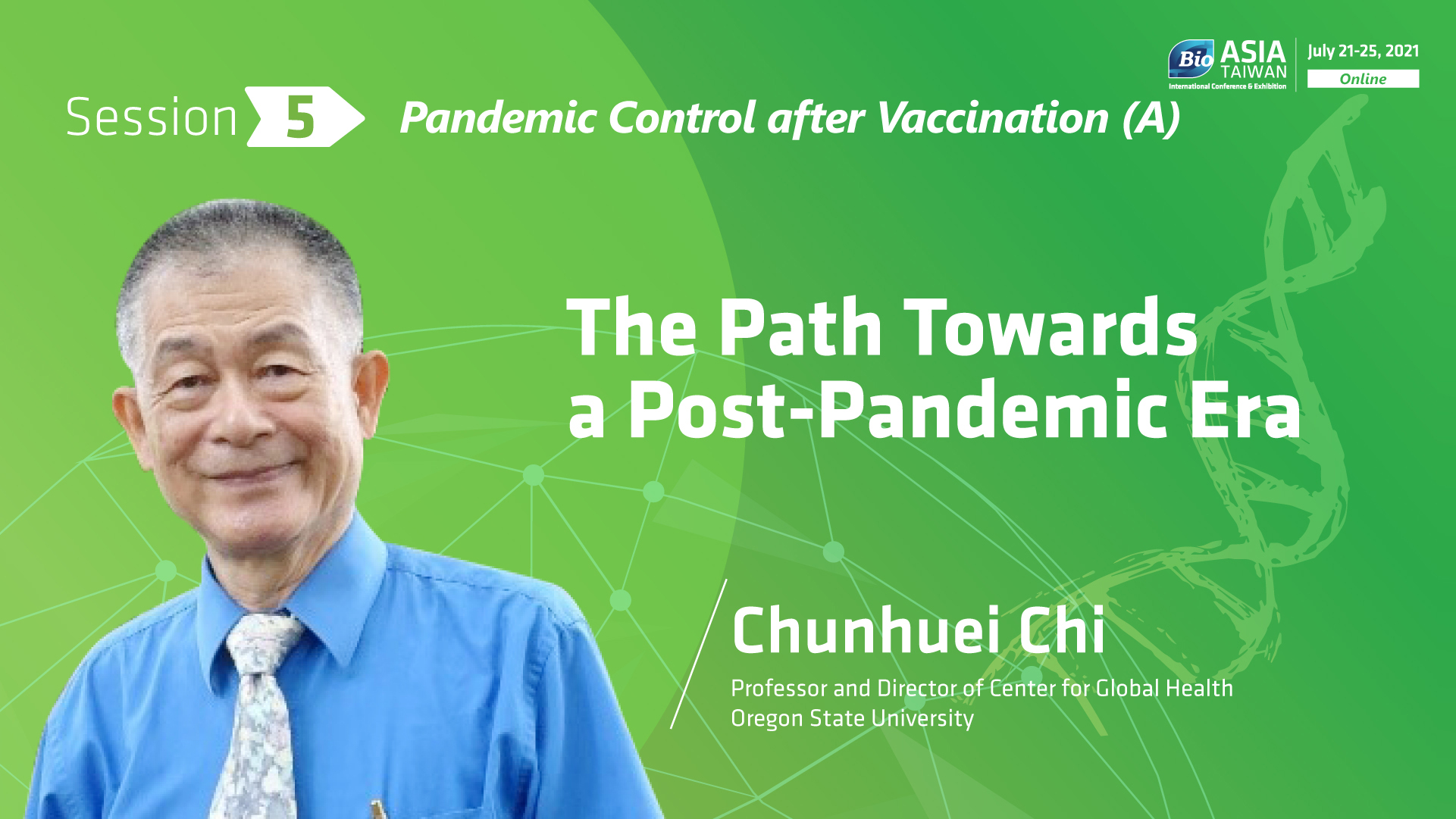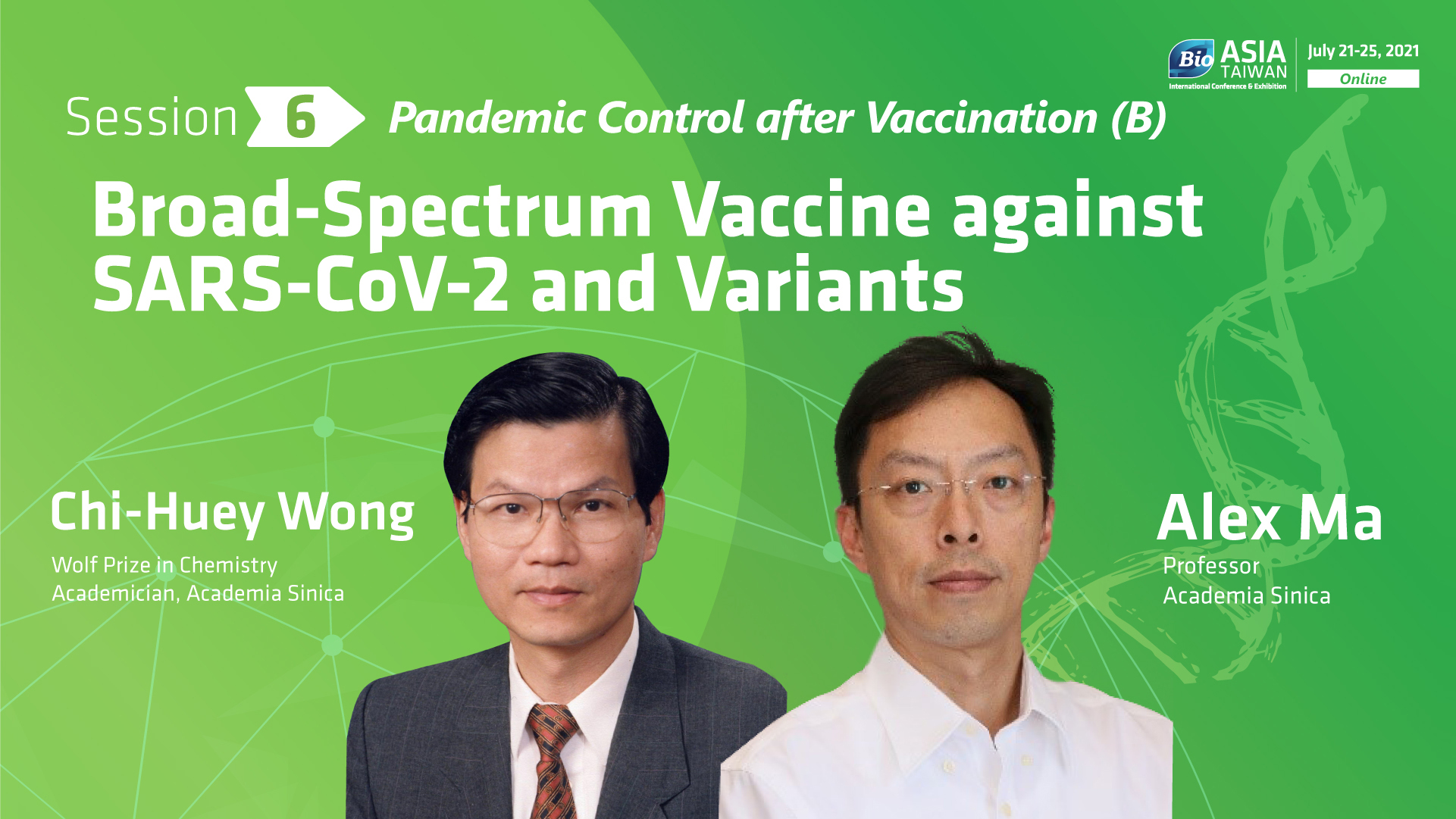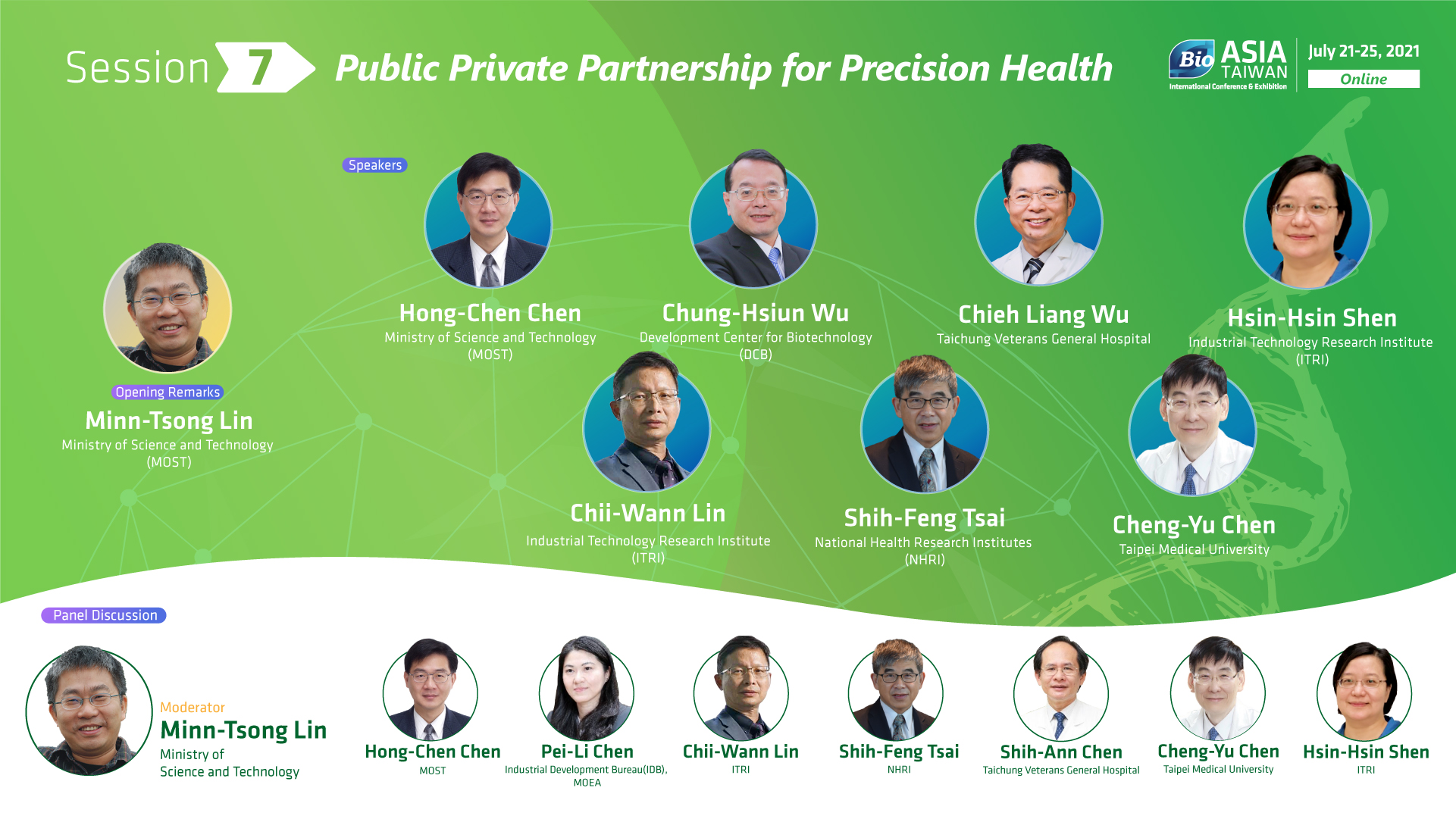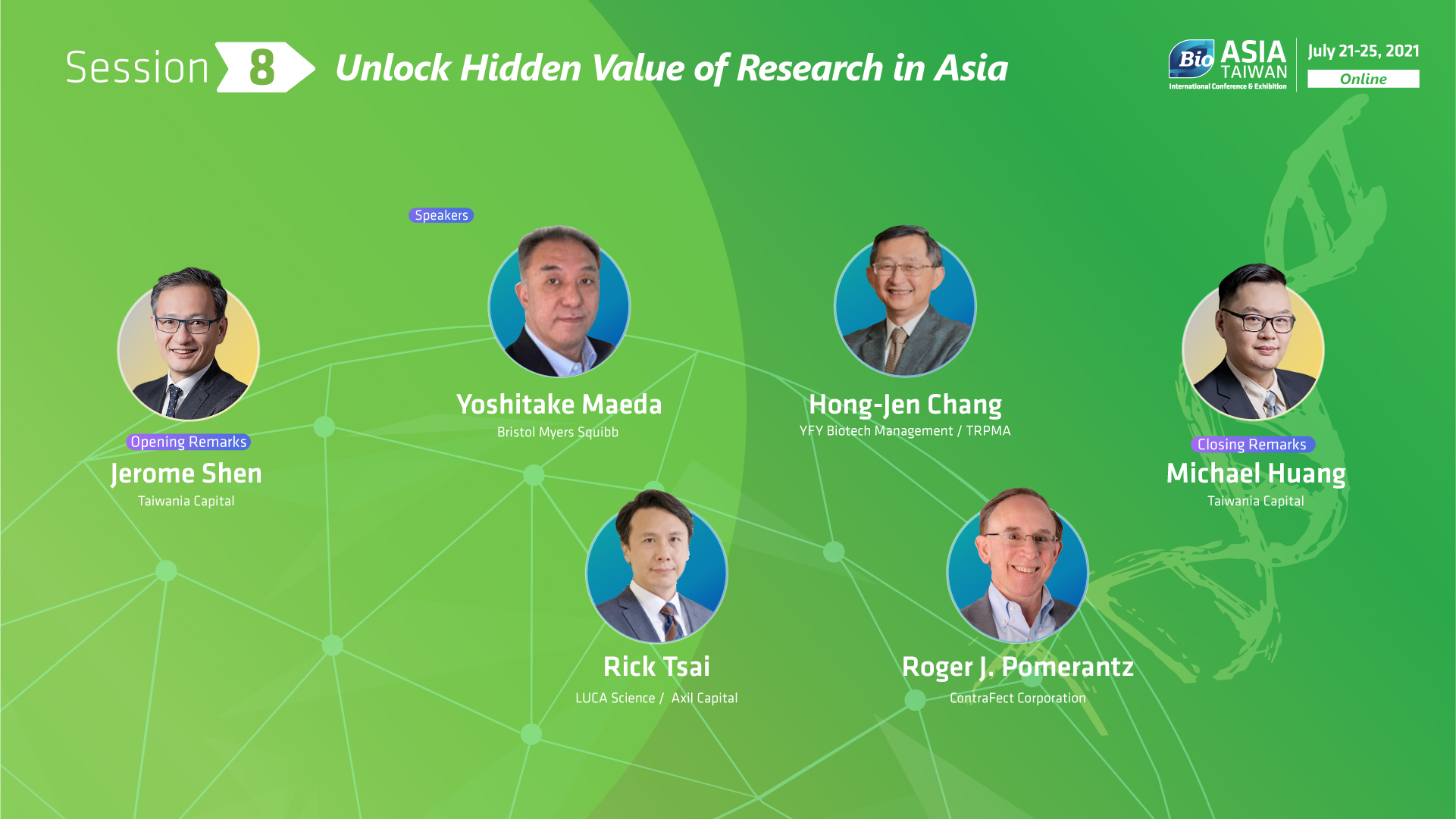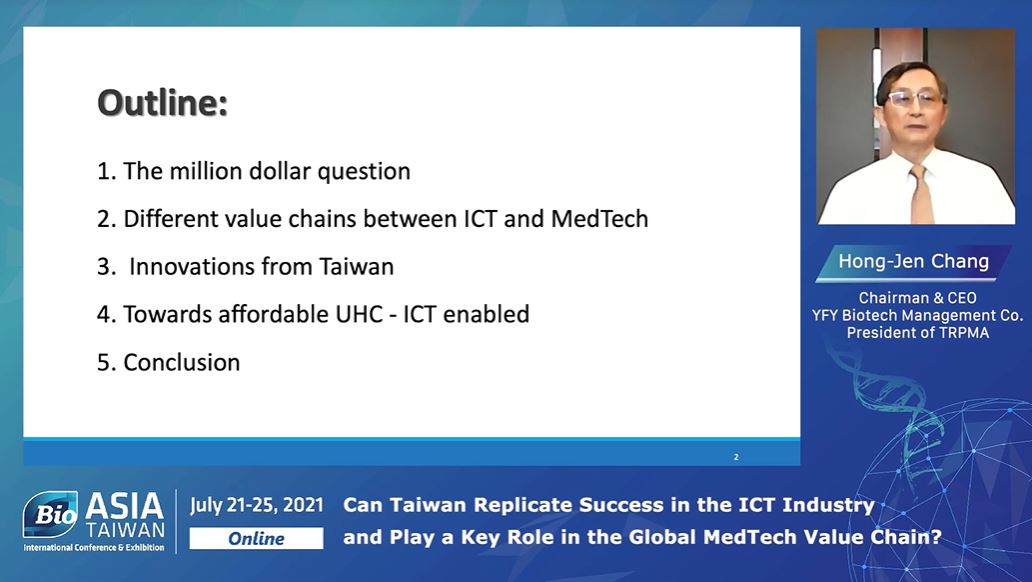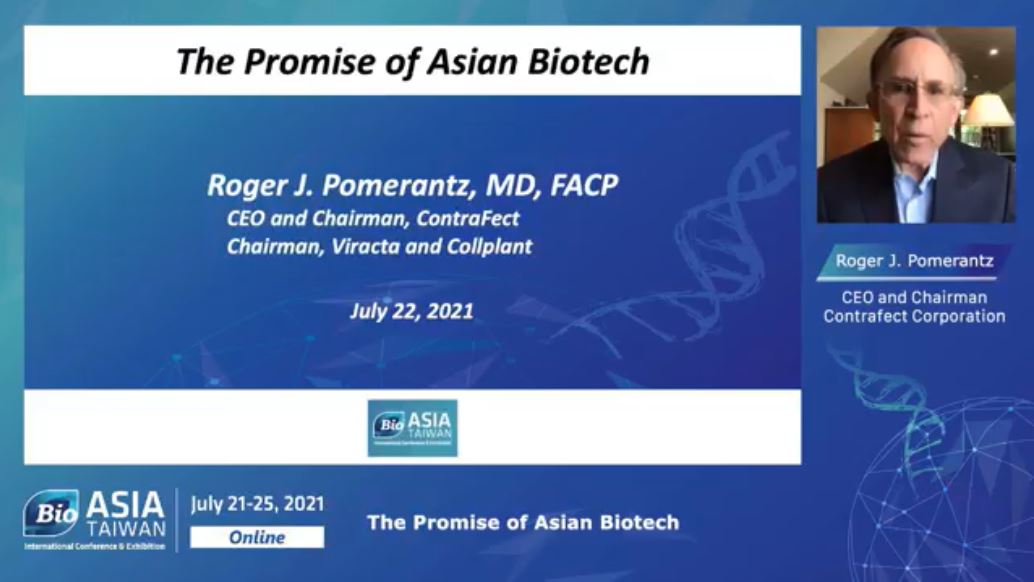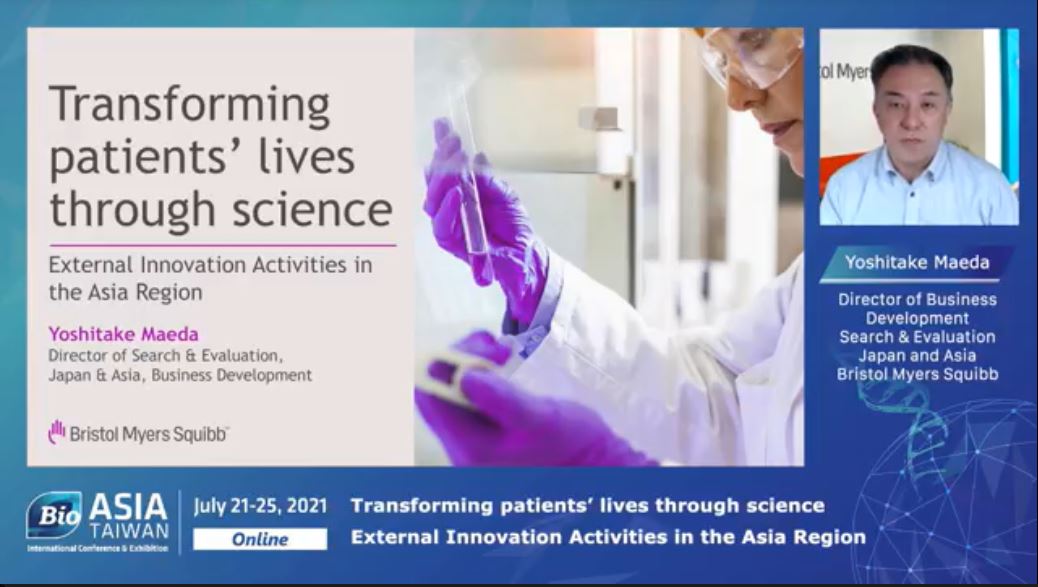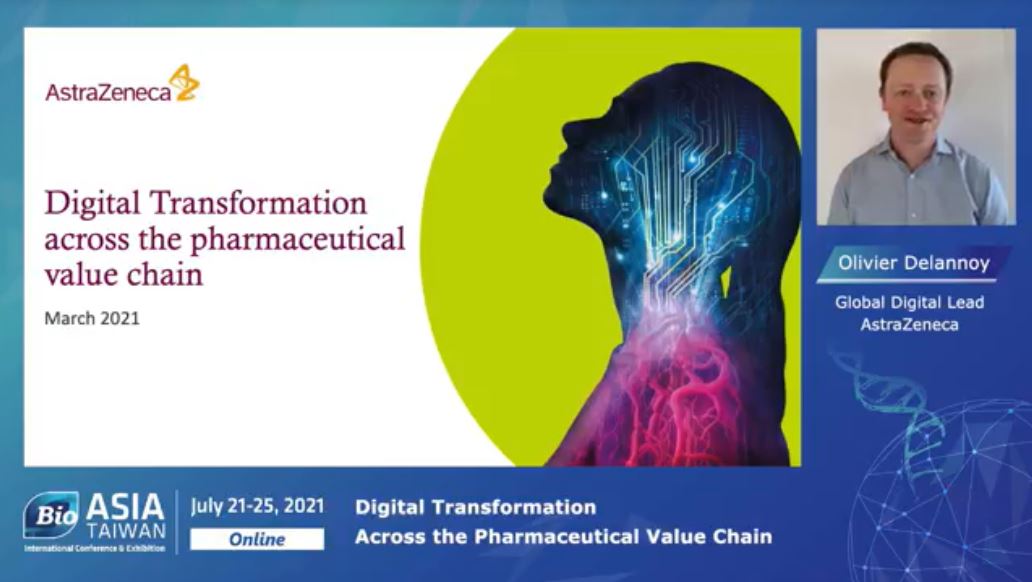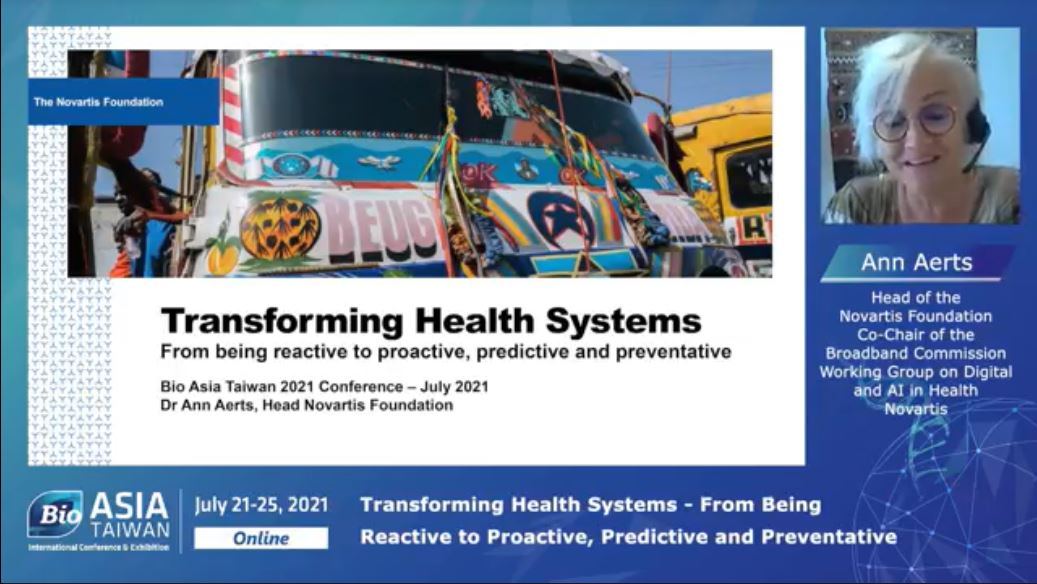 MEDIA
MEDIA
- NEWS
- Media Coverage
- 2025 Social media materials
- 2025 Event Banners
- BIO Asia–Taiwan 2025 Concludes Successfully
- Europe, US, and Asia: 10 Countries Feature at BIO Asia–Taiwan 2025 Regional Collaboration Forums
- BIO Asia–Taiwan 2025 Highlights from the Innovation Forum and Special Sessions
- BIO Asia–Taiwan 2025 Exhibition Opens!
- Next Wave of Biotech Opportunities! BIO Asia–Taiwan 2025 Opens
- BIO Asia–Taiwan brings together global and local biotech firms to pitch for investor attention
- Asia’s Largest Biotech Event, BIO Asia–Taiwan 2025, Kicks Off July 23
- BIO Asia–Taiwan Kicks Off on an Expanded Scale July 23
- 2024/7/28 Taiwan VP Hsiao Commends Taiwan's Biotech and Biomedical Capabilities
- 2024/7/26 BIO Asia–Taiwan 2024 Exhibition Opens
- 2024/7/25 BIO Asia–Taiwan 2024, Day 2
- 2024/7/24 In the face of stormy weather, BIO Asia–Taiwan 2024 opens
[Full Session Re-Open] Day 2 Highlights
|

